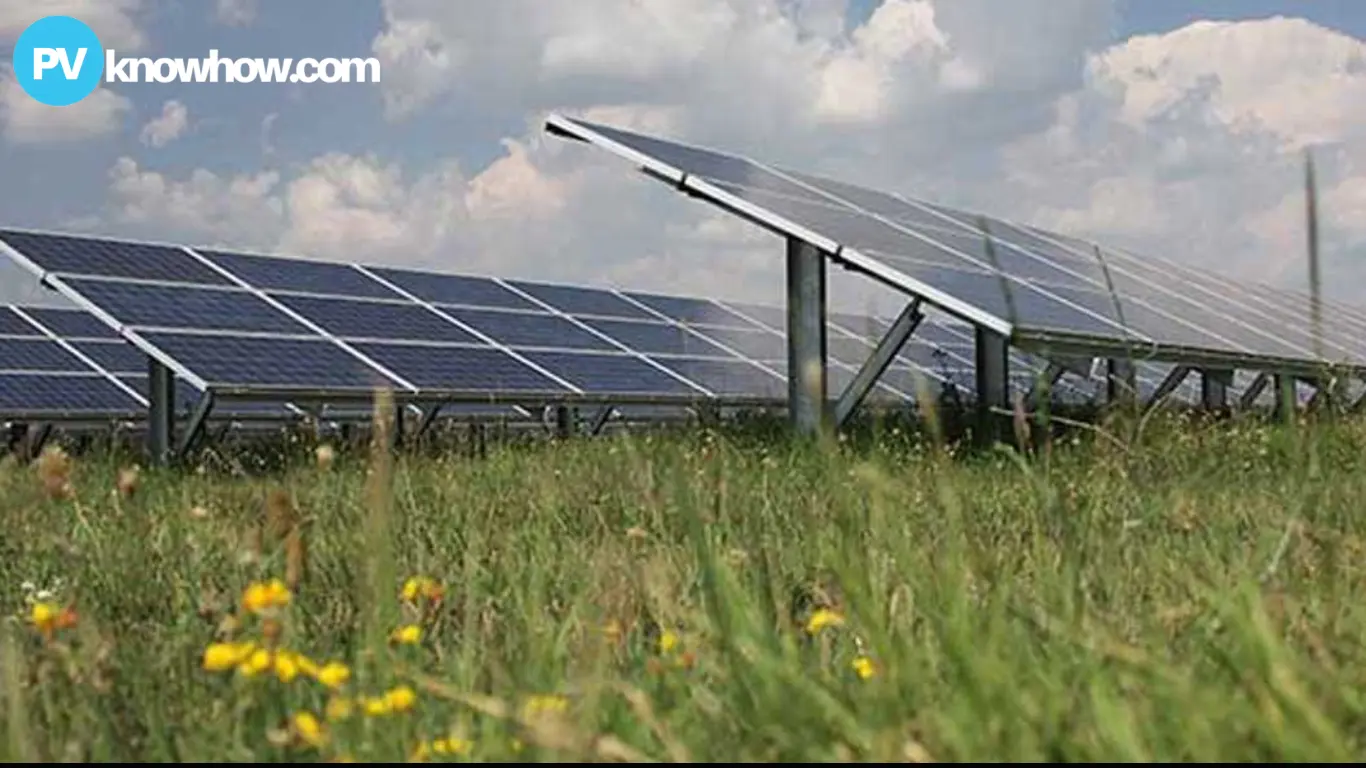The Andhra Pradesh Electricity Regulatory Commission (APERC) has approved AP Green Energy Corporation (APGECL)'s procurement of solar power from the Solar Energy Corporation of India (SECI), marking a significant milestone in the state's energy sector. This development will modernize the state's energy landscape and revolutionize its agricultural sector.
Sustainable Energy in Andhra Pradesh
APGECL has been authorized to purchase 7,000 MW of solar power from SECI, a significant step towards energy independence. This collaboration with renewable energy companies like Adani Green Energy and Azure Green Energy will accelerate the state's transition to clean energy.
The 7,000 MW of solar power will be allocated to the agriculture sector, aiming to boost agricultural productivity and reduce dependence on conventional energy sources.

Image: Collected
This sustainable energy boost will target critical agricultural infrastructure such as irrigation pumps and cold storage facilities. The 25-year Power Purchase Agreement (PPA) between APGECL and SECI ensures a reliable and predictable supply of solar power to the agriculture sector.
While long-term commitments are a concern, the potential for sustained returns on investment makes this approach strategic. The Power Purchase Agreement (PPA) with Adani and Azure ensures the financial viability of the solar power plants through an annual service charge of Rs 38.32 crore.
Over the next 25 years, the government plans to allocate approximately Rs 958 crore to ensure the long-term sustainability of the project.
Andhra Pradesh's Solar Future
Beyond abundant sunshine, the drive to adopt sustainable energy practices has fueled the expansion of solar energy in Andhra Pradesh to meet its growing power needs. The recent solar power purchase agreement is a significant milestone in Andhra Pradesh's journey towards a greener future. Currently, the state ranks fifth in terms of solar power capacity in India.
As of now, Andhra Pradesh has a cumulative solar power capacity of 4,552.12 MW, according to the Ministry of New and Renewable Energy. The state has approved an additional 6,400 MW solar power project, which will further boost its renewable energy capacity and reduce reliance on traditional power sources. This will provide reliable and affordable power to the agriculture sector, reducing the need for government subsidies and promoting financial sustainability.
Purchasing 7,000 MW of solar power from SECI will enable the state government to provide uninterrupted power supply to 18.37 lakh agricultural consumers during daylight hours for the next 25 years.
The state's solar policy, introduced in 2018, aimed to increase solar power capacity to at least 5,000 MW within five years. This policy aligns with the state's commitment to sustainable development and meeting its energy demands.
